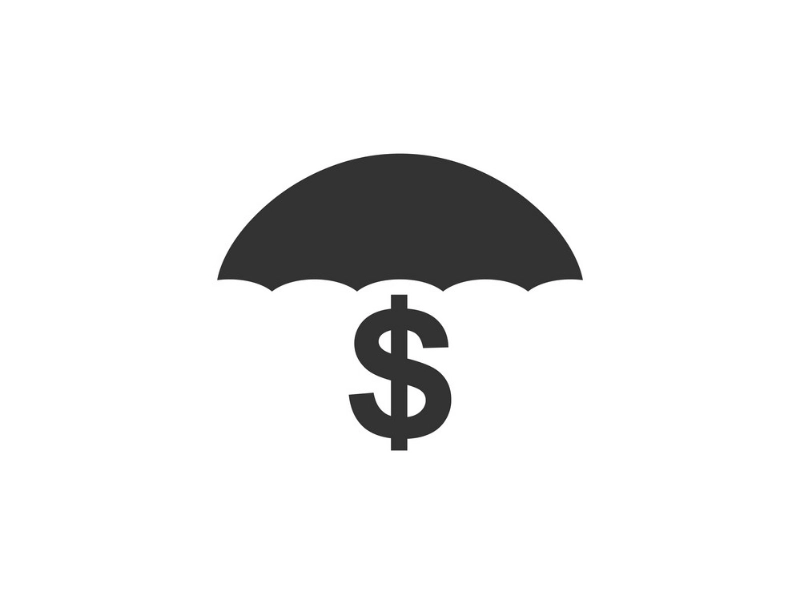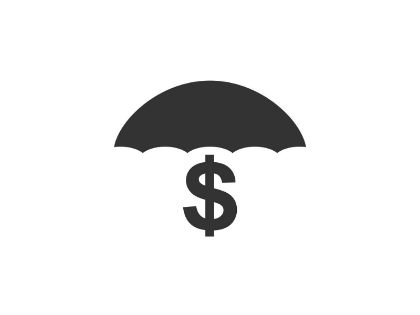What You Should Know About Student Insurance Before Enrolling in College
There are several options available to students for reasonably priced health insurance. They have three options: enrol in their school-sponsored plan, look for a marketplace plan with income-based subsidies, or continue on their parents' insurance (dependants can stay on parents' plans until age 26 under the new ACA standards).
Student insurance: what is it?

Health Benefits
 This autumn, millions of youngsters will be packing their bags and returning to school. One issue that often escapes their minds is health insurance, even if they might be worrying about things like how well they'll get along with their roommates and how far the cafeteria is from the dorm.
Students can obtain a health insurance plan from most institutions to cover them while they are enrolled. These plans often offer maternity coverage and have comparatively modest annual and lifetime maximums. Prescription medication and mental health coverage are also offered by some. Should a student decide to purchase a plan different from the one that their school has set, they will have to provide proof that the outside plan satisfies the school's coverage requirements through the submission of a waiver form.
Maternity coverage is now a requirement of the Affordable Care Act (ACA), and many student plans also provide coverage for prescription drugs and mental health. Additionally, students can obtain employment that provides coverage or continue on their parents' plan until they are 26. If their income is less than 138% of the federal poverty line, they can also apply for financial aid and register in the health insurance marketplace.
This autumn, millions of youngsters will be packing their bags and returning to school. One issue that often escapes their minds is health insurance, even if they might be worrying about things like how well they'll get along with their roommates and how far the cafeteria is from the dorm.
Students can obtain a health insurance plan from most institutions to cover them while they are enrolled. These plans often offer maternity coverage and have comparatively modest annual and lifetime maximums. Prescription medication and mental health coverage are also offered by some. Should a student decide to purchase a plan different from the one that their school has set, they will have to provide proof that the outside plan satisfies the school's coverage requirements through the submission of a waiver form.
Maternity coverage is now a requirement of the Affordable Care Act (ACA), and many student plans also provide coverage for prescription drugs and mental health. Additionally, students can obtain employment that provides coverage or continue on their parents' plan until they are 26. If their income is less than 138% of the federal poverty line, they can also apply for financial aid and register in the health insurance marketplace.
Dental Coverage
 Dental care is not often included in student health insurance policies, but it is frequently available for an additional cost. It functions similarly to other insurance policies in that it pays for certain costs and leaves the insured (less a deductible) to bear the rest.
Common dental coverage could include things like low-cost or even free cleanings and exams, as well as paying a part of more expensive procedures like fillings or extractions when you've reached your deductible. Oral surgery costs are sometimes covered by insurance plans as well, though usually at a lesser rate than other therapies.
Dental Preferred Provider Organisation (PPO) plans are another option for dental coverage. They function similarly to health insurance PPOs and provide a list of dentists who accept plan members at a discounted rate. Alternatively, your plan may be a Dental Exclusive Provider Organisation (DEPO), which restricts coverage to providers inside the network. A referral for specialised care may be necessary under certain dental indemnity plans.
Dental care is not often included in student health insurance policies, but it is frequently available for an additional cost. It functions similarly to other insurance policies in that it pays for certain costs and leaves the insured (less a deductible) to bear the rest.
Common dental coverage could include things like low-cost or even free cleanings and exams, as well as paying a part of more expensive procedures like fillings or extractions when you've reached your deductible. Oral surgery costs are sometimes covered by insurance plans as well, though usually at a lesser rate than other therapies.
Dental Preferred Provider Organisation (PPO) plans are another option for dental coverage. They function similarly to health insurance PPOs and provide a list of dentists who accept plan members at a discounted rate. Alternatively, your plan may be a Dental Exclusive Provider Organisation (DEPO), which restricts coverage to providers inside the network. A referral for specialised care may be necessary under certain dental indemnity plans.
Life Assurance
 To lessen the financial burden of a disaster, students can buy life insurance. Costs including burial fees, living expenses, and medical expenditures may be covered by an insurance policy. Depending on the kind of policy, it might also pay for other financial commitments like education.
This autumn, millions of youngsters will return to school. In addition to worrying about how far their dorm is from the cafeteria and whether or not they will get along with their new roommates, they are preparing to study a lot. However, they're probably not thinking about how they'll pay for medical treatment should they become ill. Fortunately, there are three options available: opting for an individual plan, dismissing the insurance provided by their school, or continuing on their parent's plan. While each has advantages and disadvantages, they all suffice for the majority of families.
To lessen the financial burden of a disaster, students can buy life insurance. Costs including burial fees, living expenses, and medical expenditures may be covered by an insurance policy. Depending on the kind of policy, it might also pay for other financial commitments like education.
This autumn, millions of youngsters will return to school. In addition to worrying about how far their dorm is from the cafeteria and whether or not they will get along with their new roommates, they are preparing to study a lot. However, they're probably not thinking about how they'll pay for medical treatment should they become ill. Fortunately, there are three options available: opting for an individual plan, dismissing the insurance provided by their school, or continuing on their parent's plan. While each has advantages and disadvantages, they all suffice for the majority of families.





